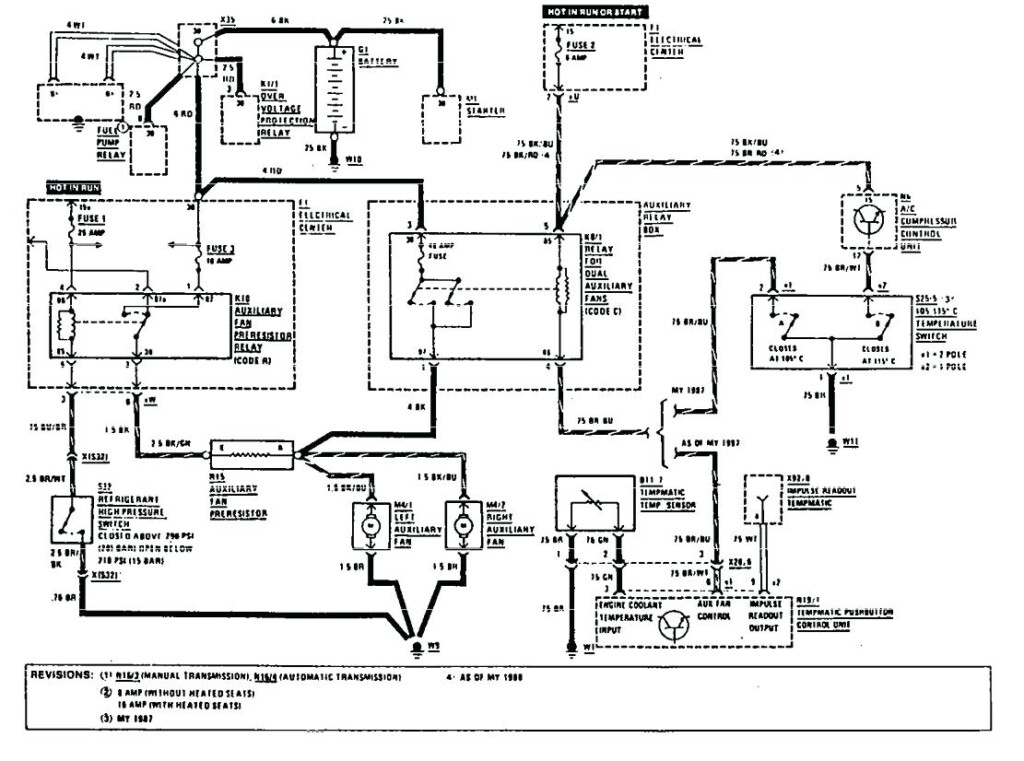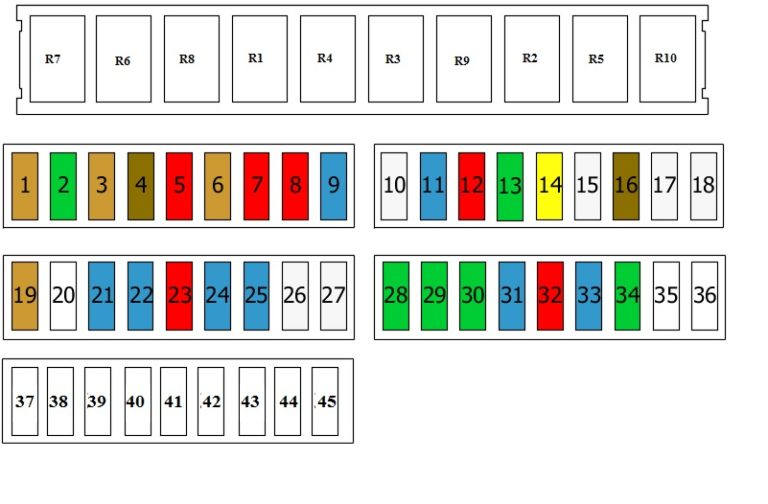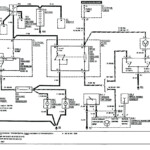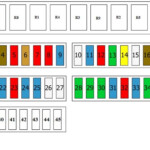Sprinter 906 Fuse Box Diagram – Fuse box diagrams are essential instruments for diagnosing and fixing electrical problems within your vehicle or home. They show the circuit protection circuits and their function. This guide will assist you to learn about fuse box diagrams.
Types Fuse Box Diagrams
A diagram of the fuse box is a must-have tool for home repair and other electrical tasks.
Diagrams for fuse boxes can be seen in numerous locations, including cars and residential structures. Two of the most commonly utilized types will be covered in this article:
A. A. They are usually found in your owners manual or on a label in the fuse box.
C. Home Fusebox Diagrams: Also referred to as electrical panel diagrams or home fuse box schematics they show how fuses and circuit breakers are organized in an electrical system. These diagrams, usually found within or near the doors of an electrical panel, are used to provide homeowners with information on their property.
Understanding Fuse Box Diagram Symbols
Diagrams of fuseboxes represent the components within an electric system. Some common icons include:
- Fuses are small rectangular shapes with a number they represent the fuse’s amperage ratings.
- Circuit Breakers: A symbol resembling a switch representing a resettable safety device
- Ground – Looks like an inverted “T” and an arrow in the horizontal direction that represents the electrical ground connection
Common Fuse Box Issues
If you are confronted by electrical issues The following steps can be helpful to in identifying and resolving the issue:
- Step 1. Recognize the problem
First, you must identify the electrical component that’s not functioning properly in your car or home. It could be a light or outlet in your house or an automotive function such as air conditioning or radios in your vehicle.
- Step 2: Locate the Appropriate Fuse
Find the circuit breaker, or fuse associated with the malfunctioning part using the diagram of the fuse box. The fuse or circuit breaker will typically be identified with either an image or an explanation.
- Step 3: Confirm and replace the fuse:
You should carefully remove the fuse or disengage the circuit breaker. Examine the fuse for evidence of damage. If the fuse has been damaged or worn out Replace it with one of a similar rating. The component must be checked to ensure it is functioning properly.
Conclusion
In order to troubleshoot electrical problems at home or in your car, you must be able to comprehend fuse box diagrams and understand the symbols. This guide will teach you how you can quickly and effortlessly find and resolve common electrical issues.





